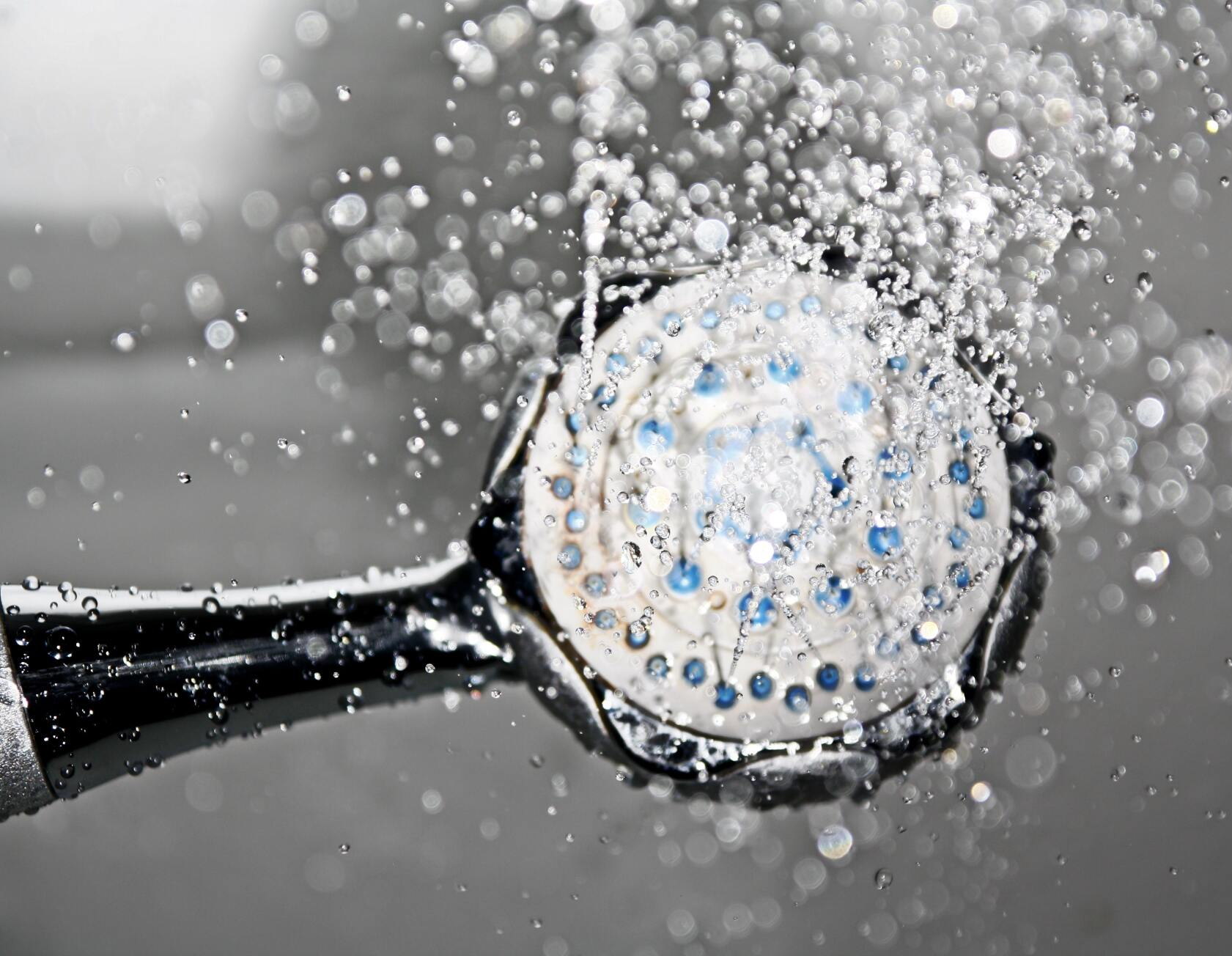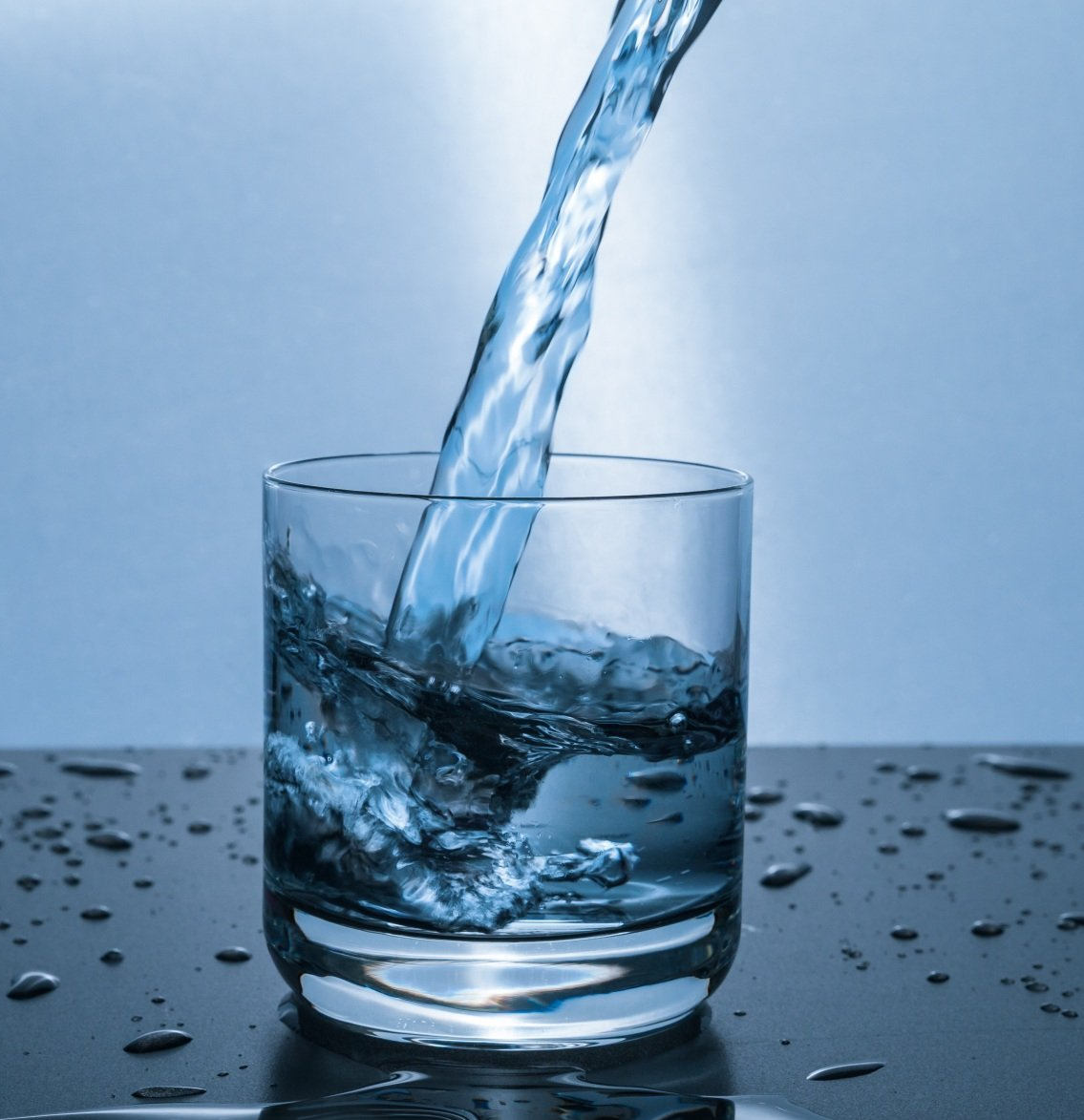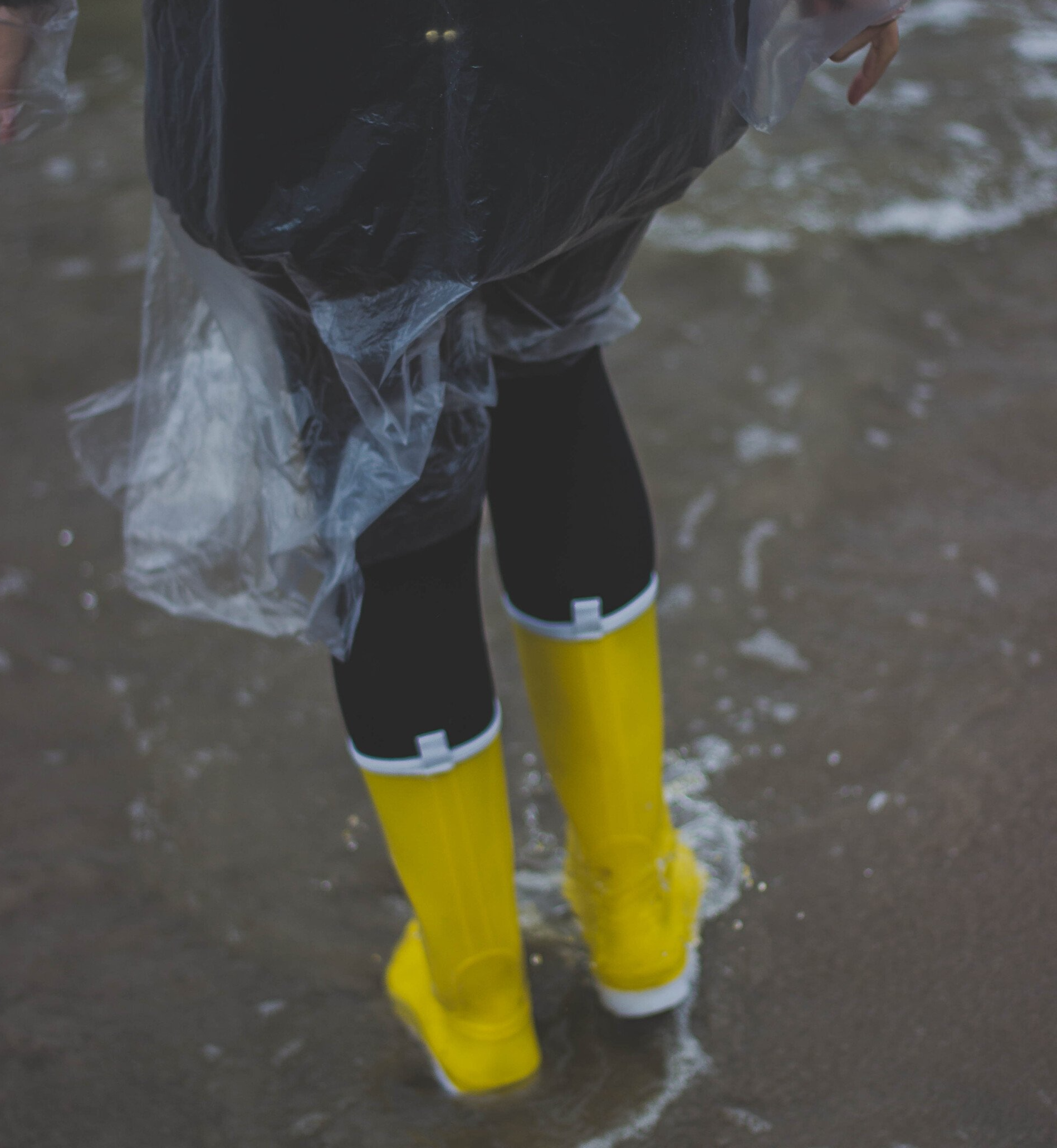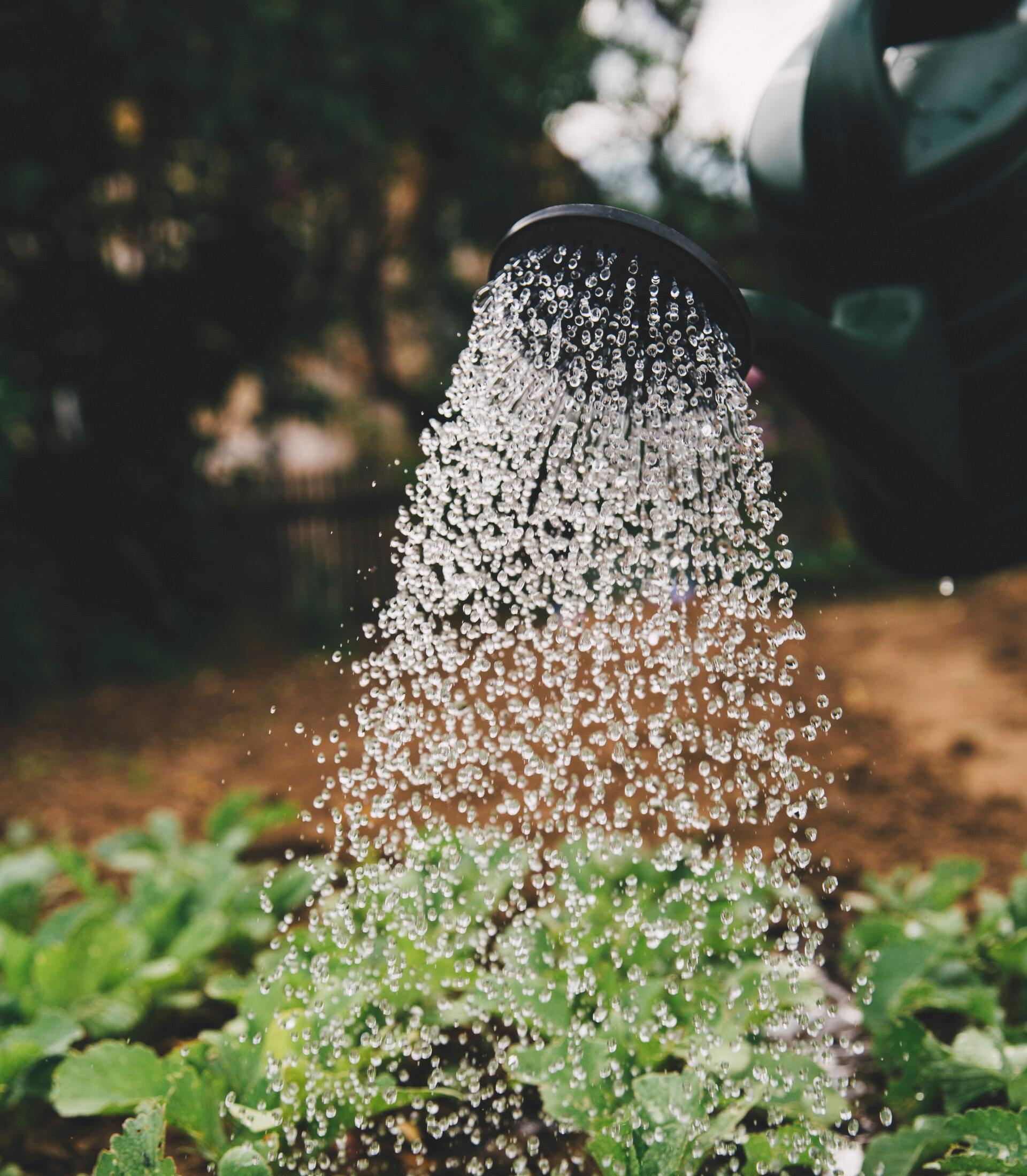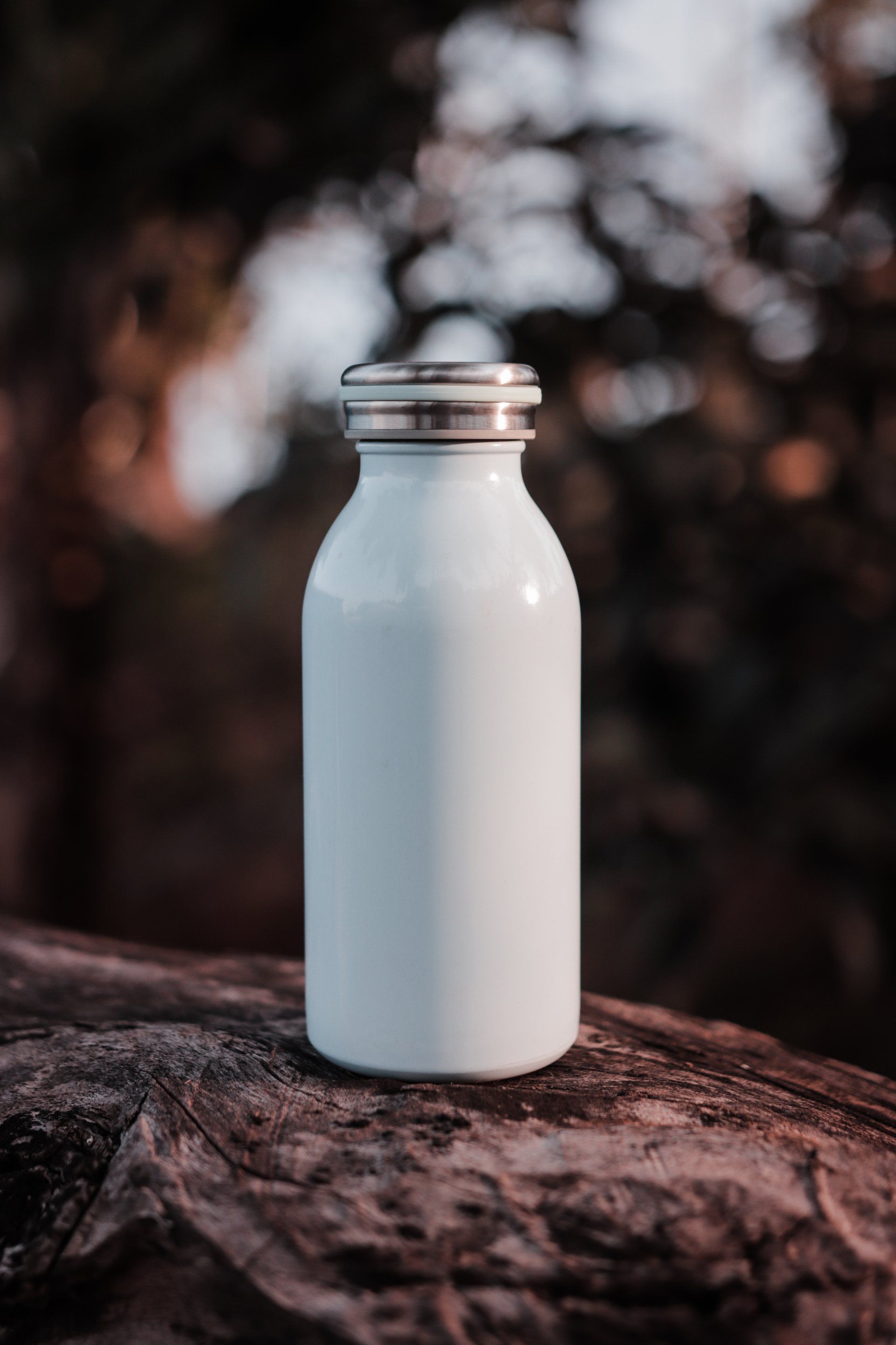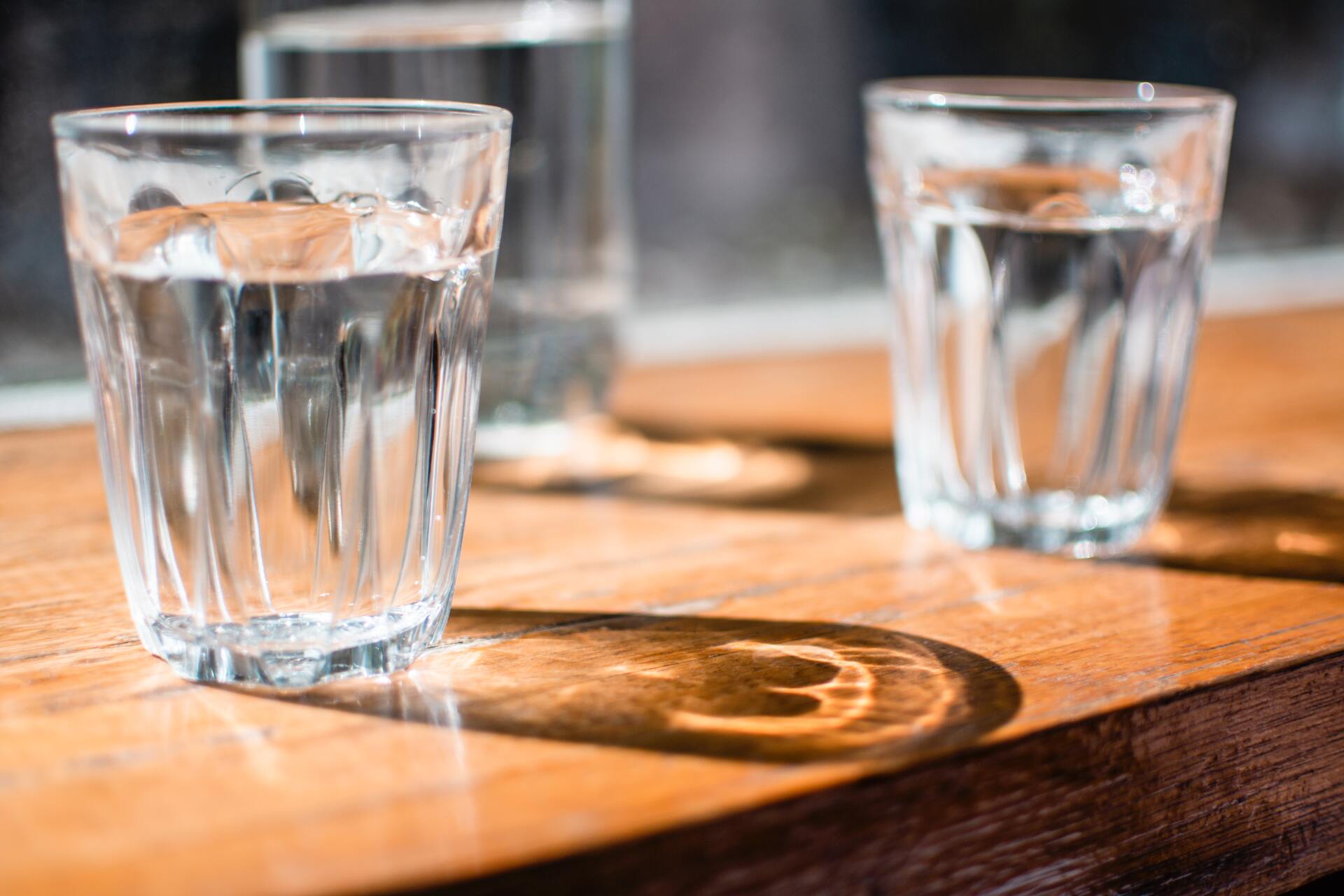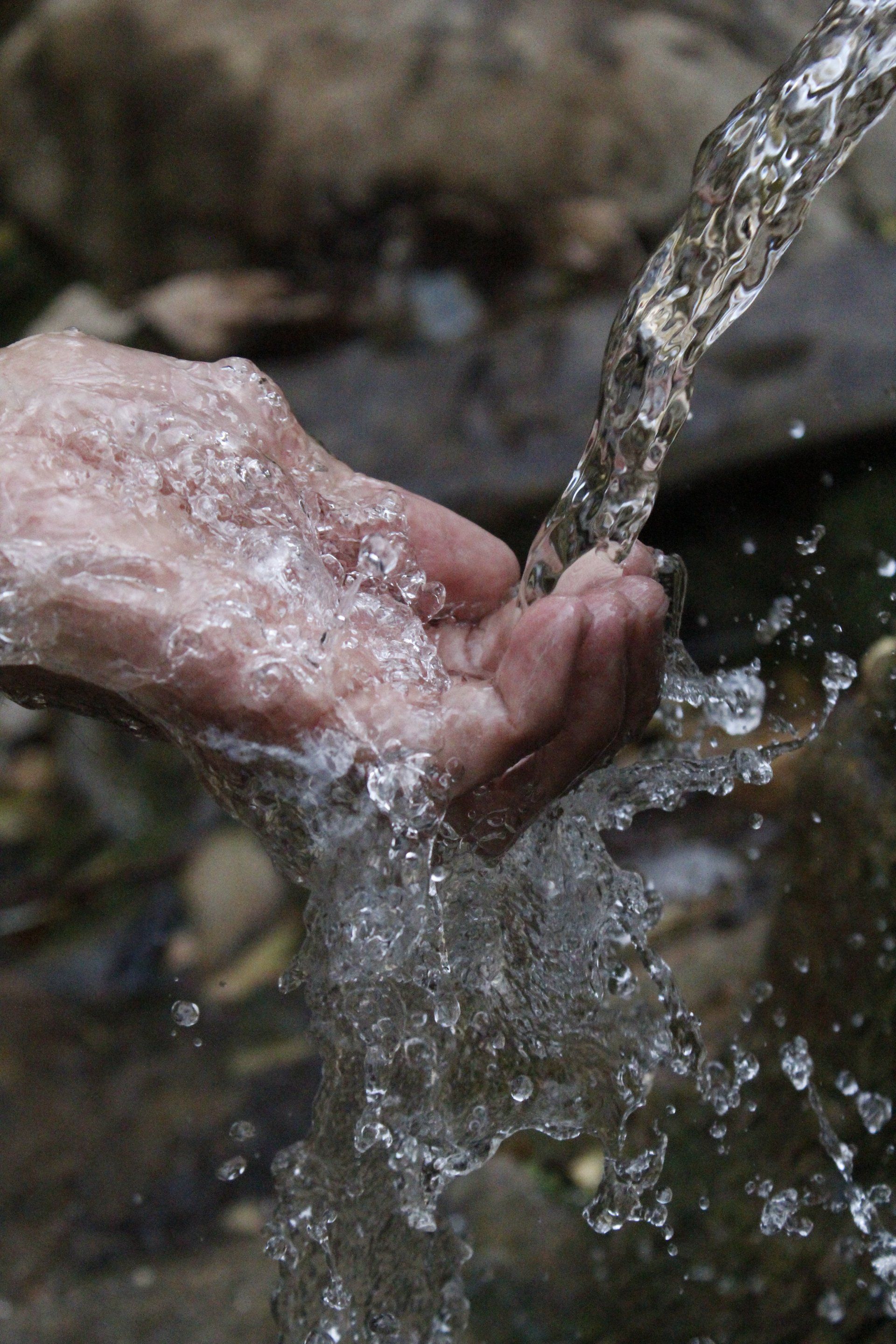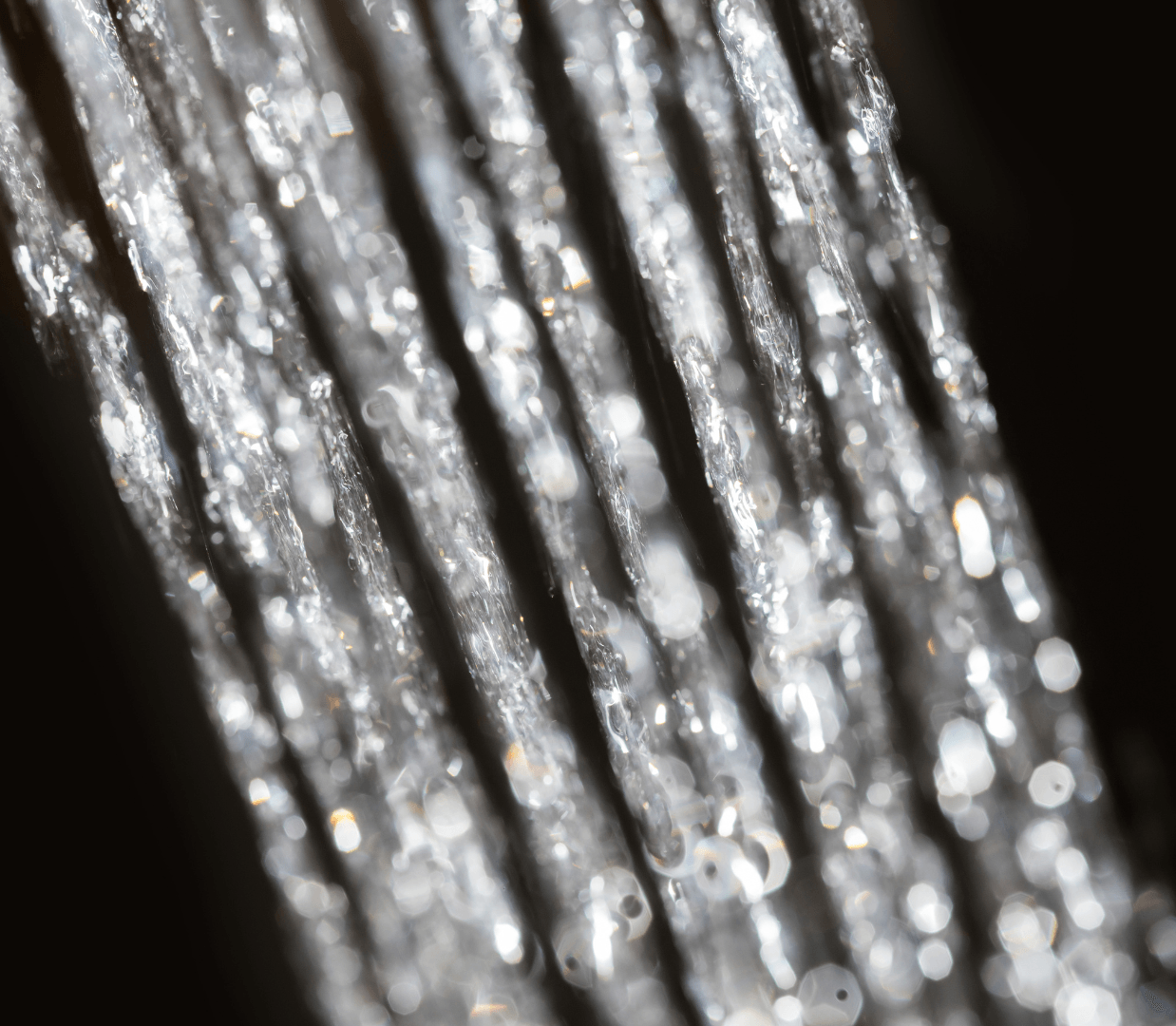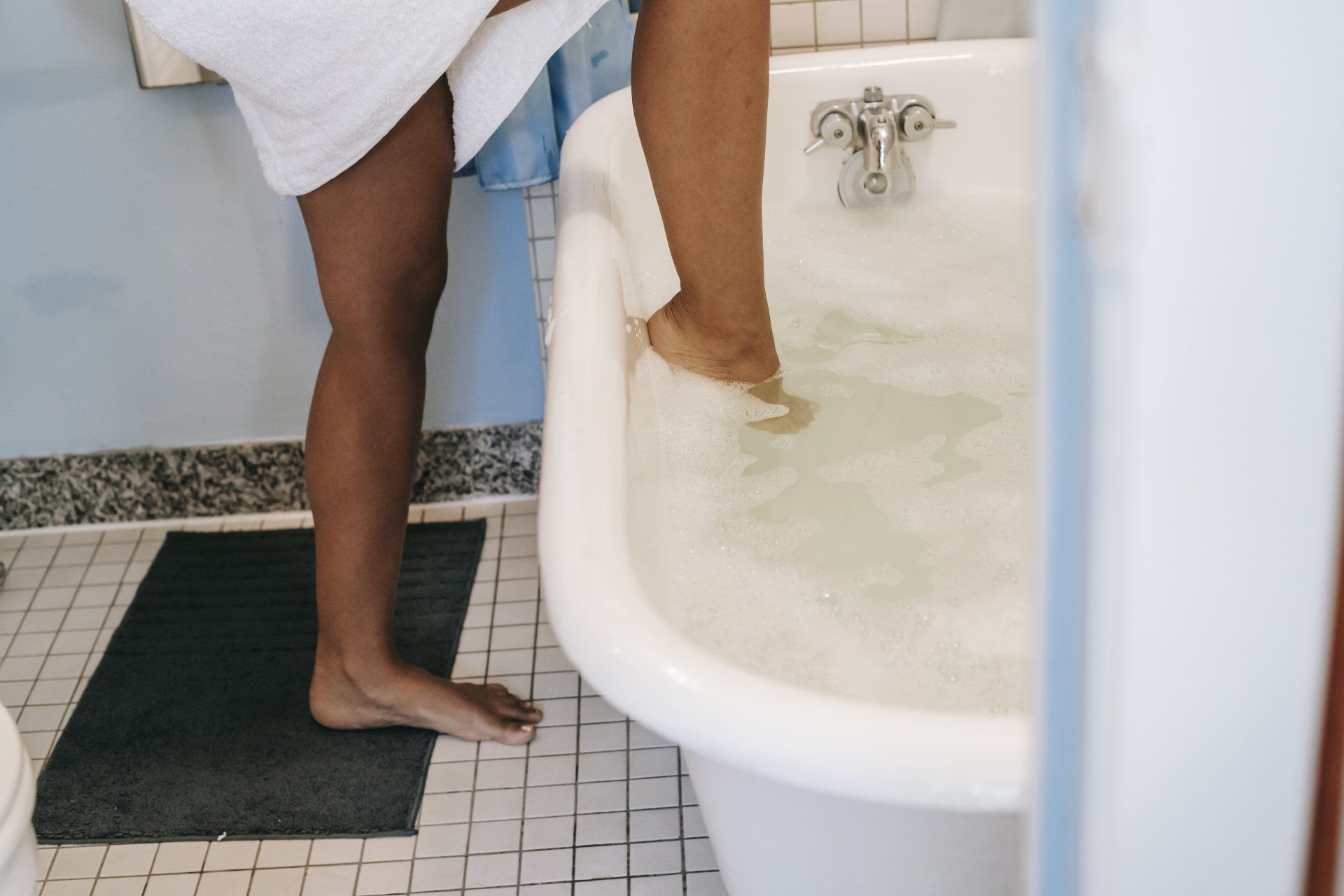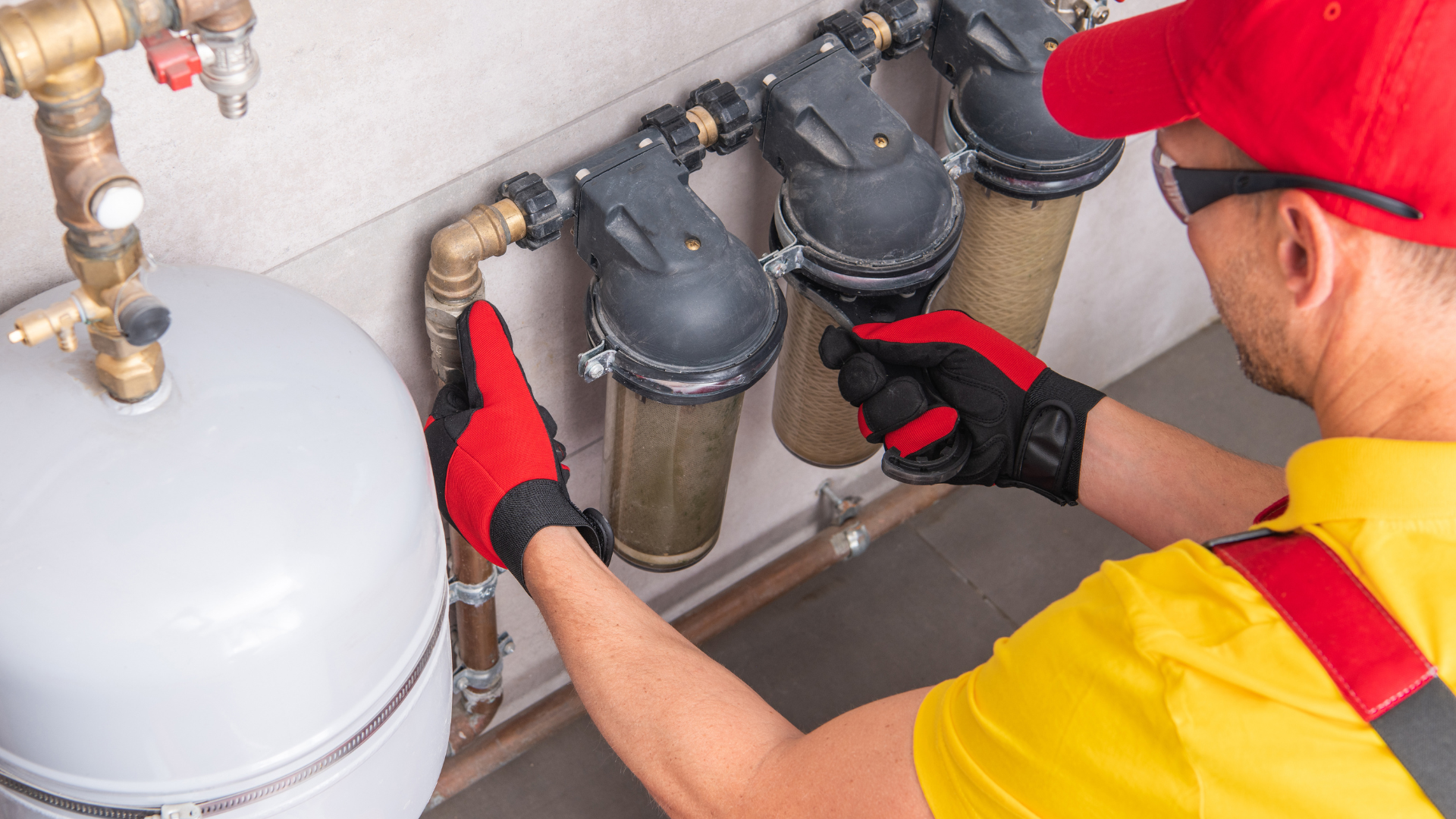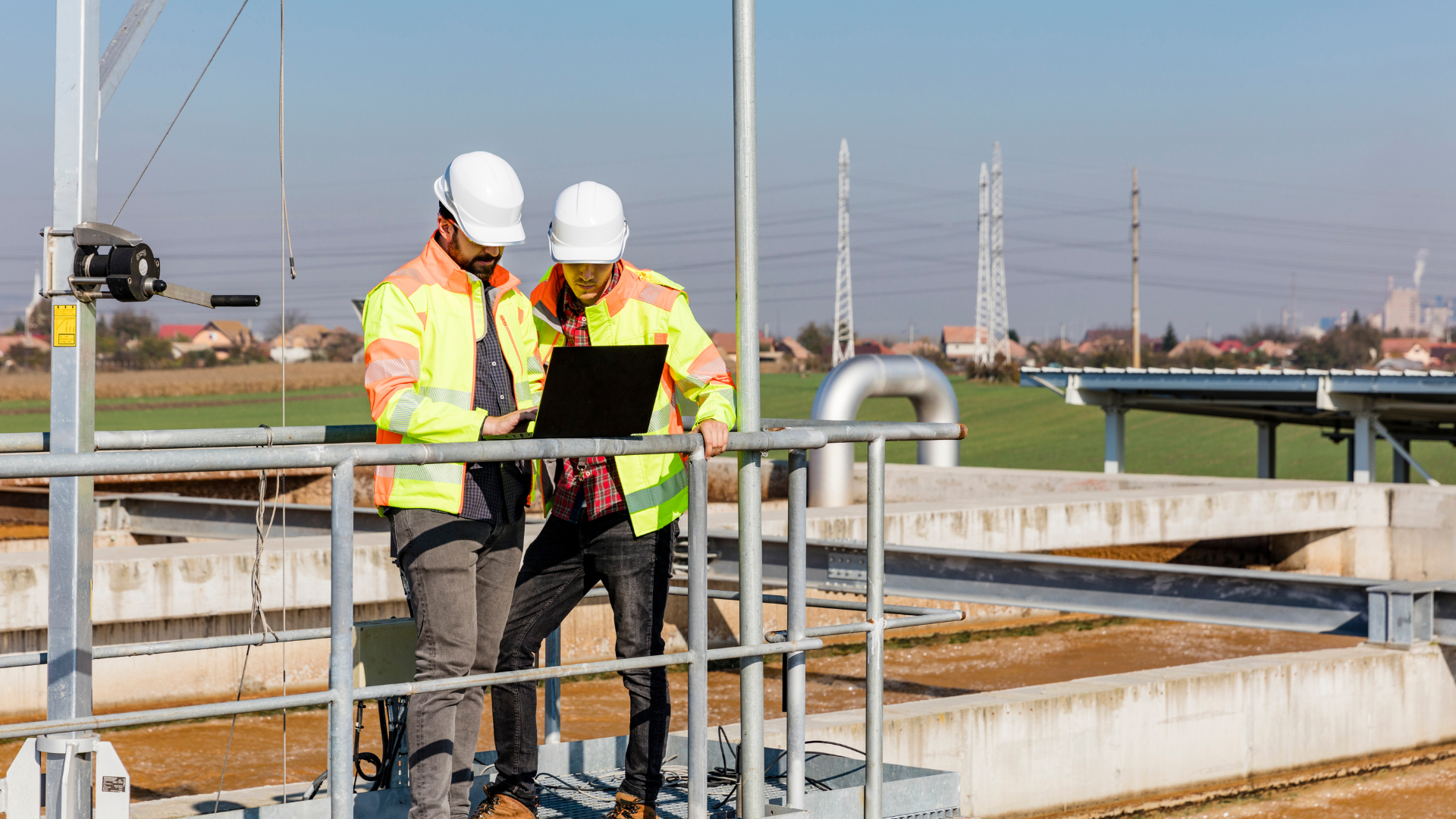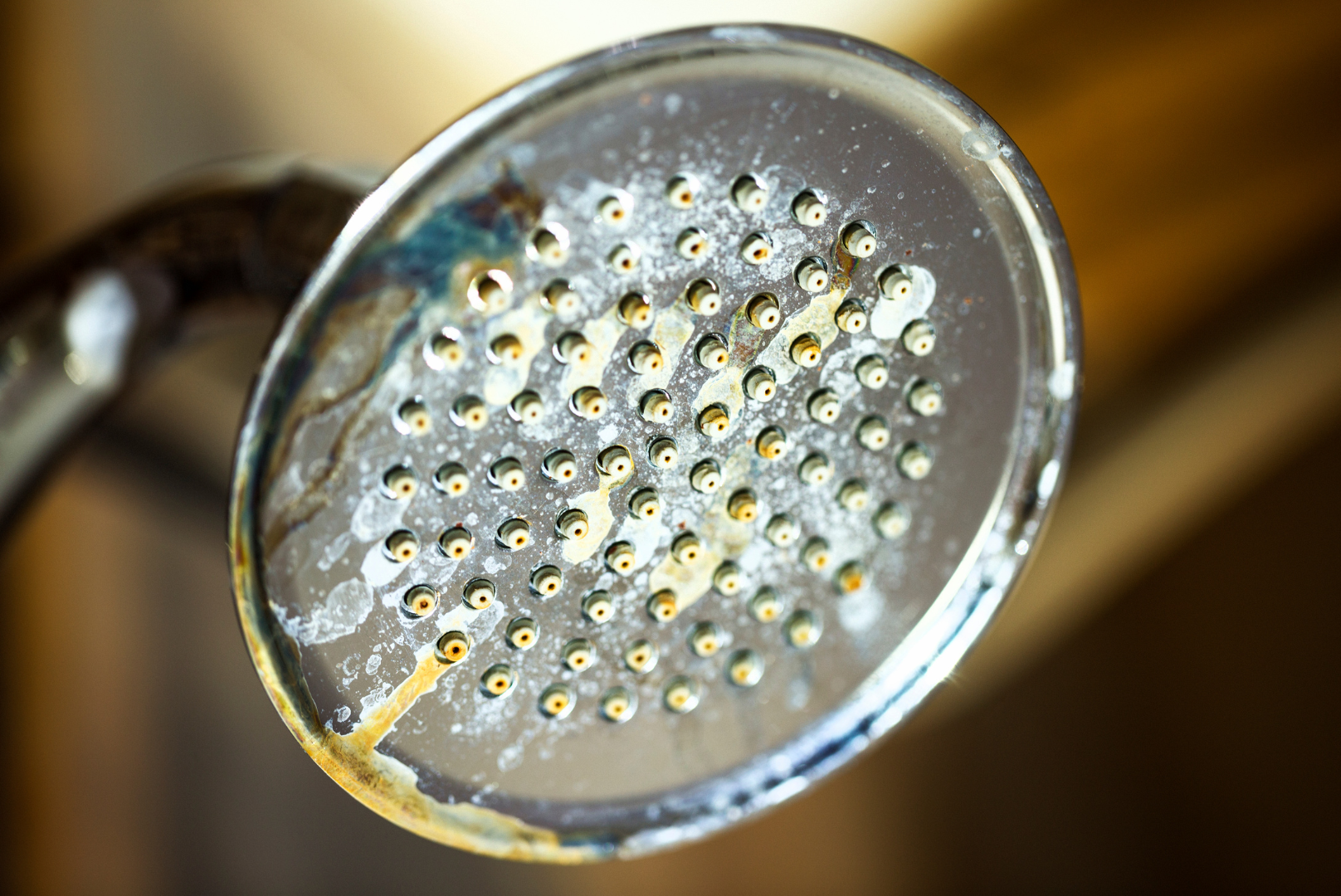How Often Should I Test My Well Water?
Well water should be tested regularly
Drawing water for home use from a well is an excellent way to maintain utility independence and avoid monthly water bills from your local municipality. That being said, using private well water does come with some very real drawbacks and a good deal more responsibility from the homeowners than using municipal water sources.
One of the most important tasks for a well water user is to regularly test the water quality to ensure its safety for consumption, but many homeowners struggle to know the frequency with which they should have their well water tested. Let’s take a closer look at the issue and determine how often you should test your water.
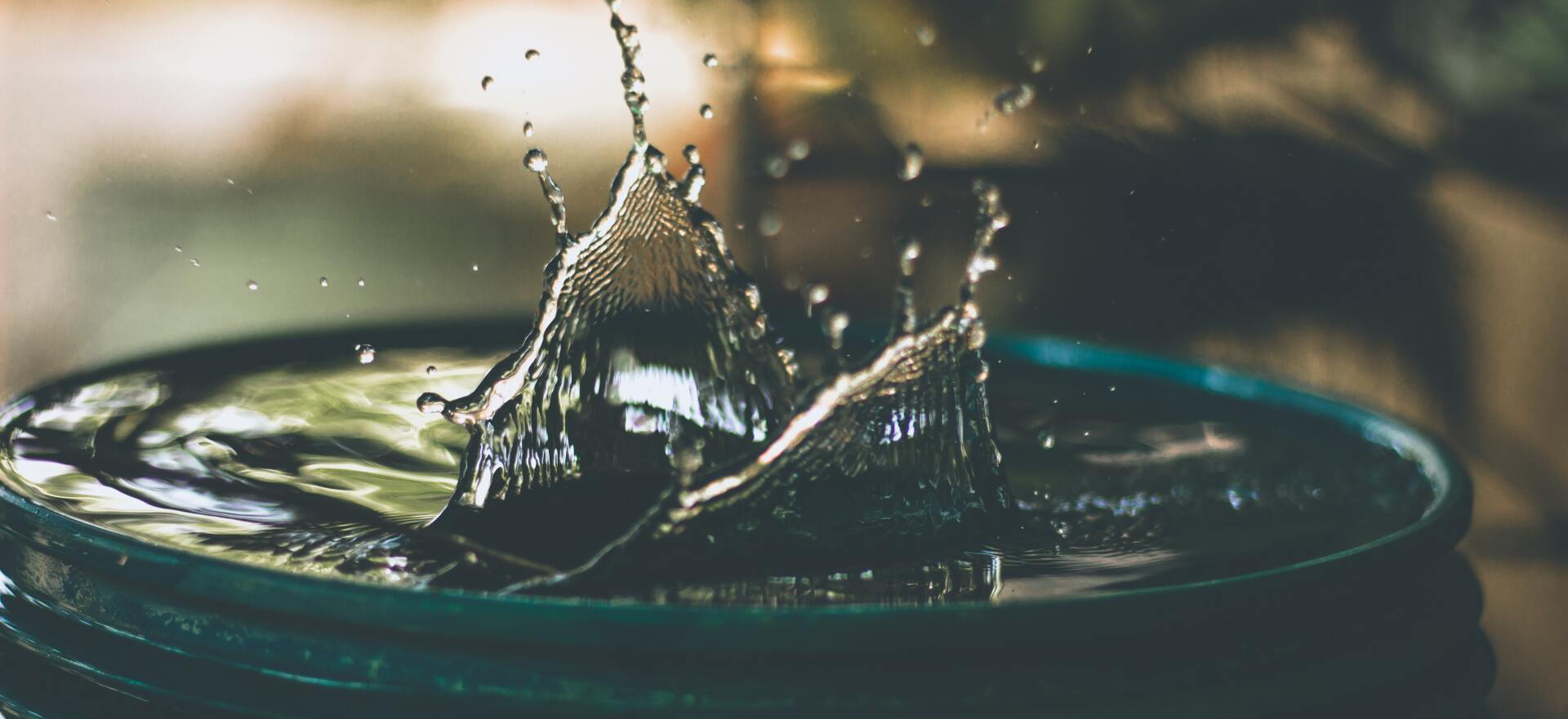
After installation
Though regulations will vary state to state, most will require that your water be tested within 30 days of well installation. Though this may seem extraneous to some, it is a wise guideline to follow, even if it is not required in your area.
Even if your well is brand new, it’s possible to have contamination in some form, so you’ll want to be sure that your water is safe to use before you begin drinking or bathing in it.
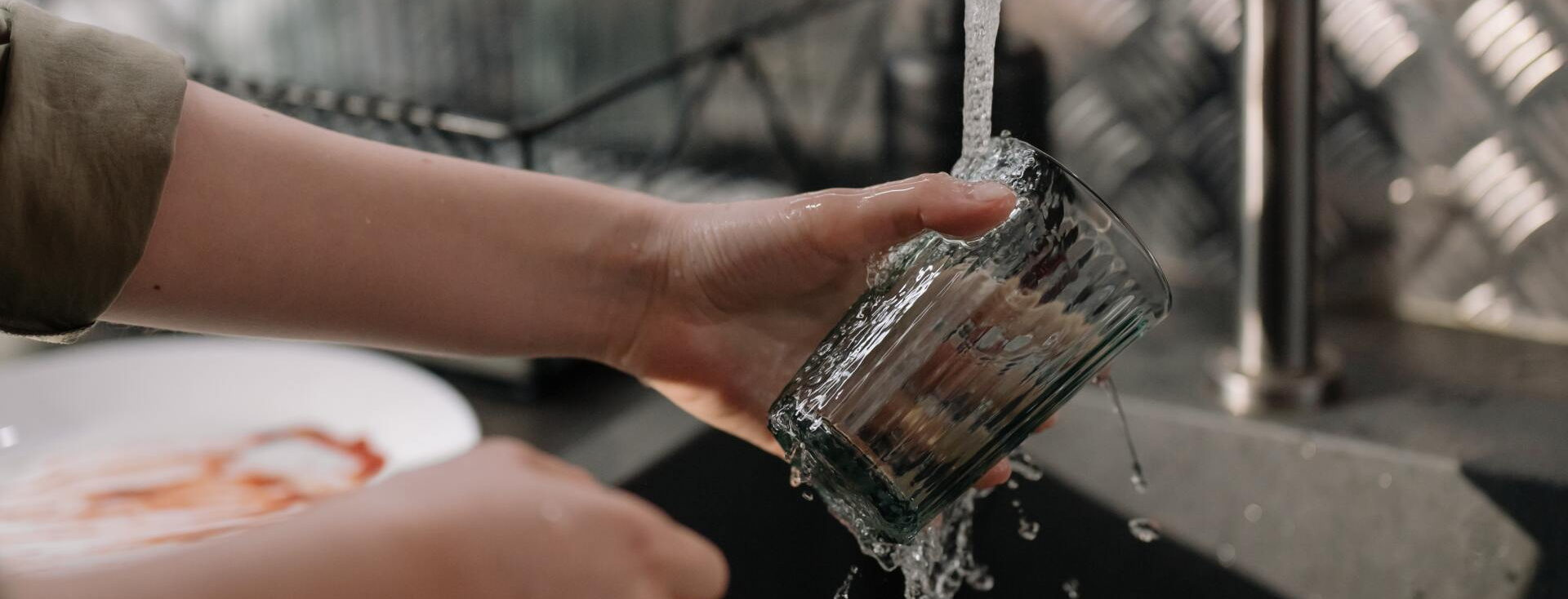
Annual testing
Even if your well is working perfectly and you haven’t had any major weather events, you should always have your water tested at least once a year. Many contaminants which are potentially harmful to consume are without taste or odor, so you may not be aware that they are in your water.
Additionally, contaminants for nearby leaks that you’re not aware of can leach into your well water, so even if your wellhead has not had any issues, there is a distinct possibility that heavy chemicals or biological contaminants have seeped into your well water.

After flooding or natural disaster
Although wellheads are typically quite sturdy, they are not designed to be submerged in water, exposed to high temperatures, or jostled unnecessarily. Therefore it’s always a good idea to have your water tested following any type of natural disaster. If you have recently experienced flooding, wildfires, or earthquakes, it’s recommended that you get your water tested as soon as possible.
A compromised wellhead might not be immediately recognizable to the naked eye, but still has the potential to let contaminants into your water, so in addition to having your water tested, you’re going to need to have your wellhead inspected as well.

If you notice a change in how your water tastes or smells
Perhaps the clearest indication that your water needs to be tested is if you notice a peculiar taste or a foul odor coming from your water. Strange tastes and smells could mean any number of things. They could indicate contamination from microbes such as Escherichia coli or other harmful bacteria, they could also indicate a change in your water's pH, meaning that it is either too acidic or basic which could potentially strip heavy metals from your pipes, or it could indicate some form of chemical contamination.
As a safety precaution, always get your water tested if something is off about the taste or smell.

Your proximity to agriculture
Though they are a vital institution, farms are among the most common sources of contamination in well water. Farms can release a variety of chemicals and contaminants into groundwater, including nitrates from chemical fertilizers, coliform bacteria, and pesticides. For this reason, you should perhaps check your well water more frequently if you live in close proximity to an agricultural institution or farm.
If you think that it might be time to have your well water tested, please do not hesitate to reach out to us. We have years of experience in the industry and can work with you to find a water testing and maintenance program that will work for you!

